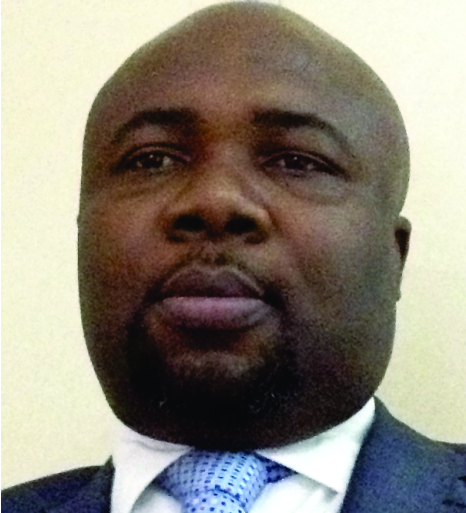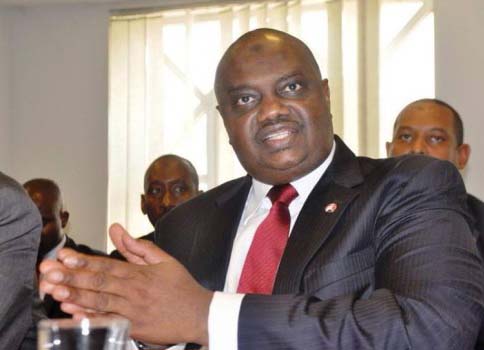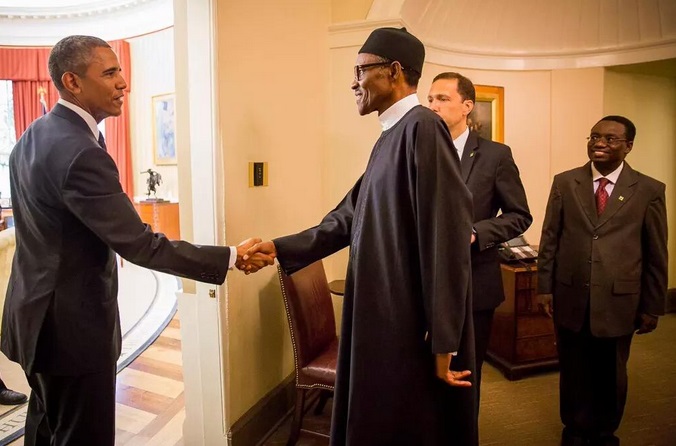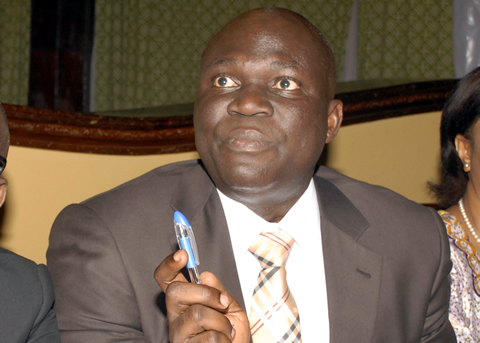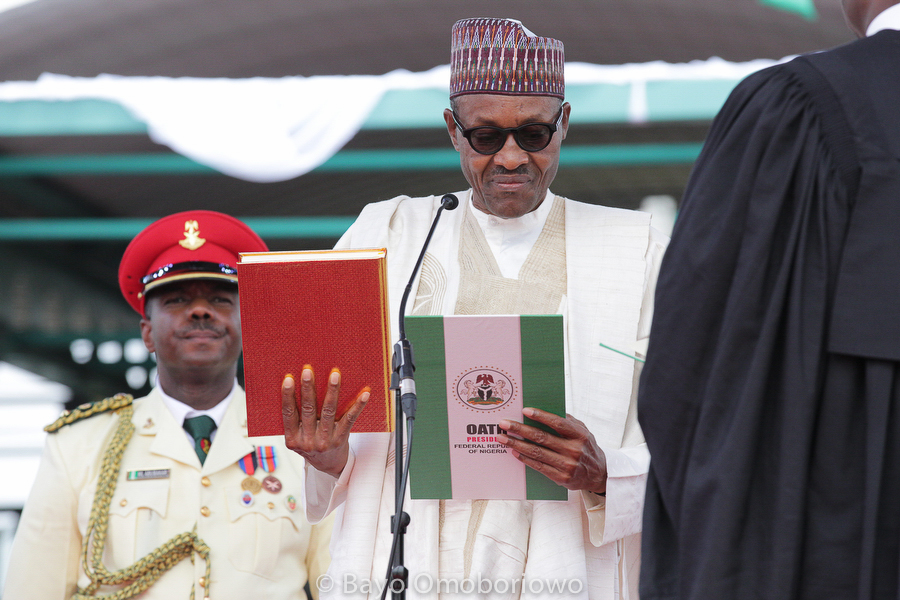Though Nigerians seem to love the noise-making approach to the fight against corruption, evidence from our recent past experiences suggests that the approach achieves little or nothing, in the end. During the Obasanjo administration, so many public officers were haunted, chained, disgraced, and detained in prisons but no serious and concerted efforts followed to obtain proper justice in most of the cases. The exercise ended up being a political witch-hunting of perceived enemies of the President’s ambitions. Not much of the stolen funds were returned, and not much was achieved in instituting honesty, transparency, uprightness, proper governance, and business ethics in our public and private institutions.
There is also a concern about the principle of justice that an accused person must be held as innocent of the offence allegedly committed until proven guilty by a court of competent jurisdiction. Protecting the fundamental human rights of citizens as well as the rule of law must be paramount in every sustainable effort to fight corruption in any society, lest we substitute one type of corruption with another. Passing judgement on the alleged offenders through the court of public opinion is never enough. The anti-corruption and the law enforcement agencies must ensure thorough investigation of all cases to ensure there is a preponderance of evidence to successfully prosecute the cases. It is only when these cases are conclusively pursued and executed that the right gains would be made, the right lessons learnt, and the right behaviours successfully inculcated.
Another major concern about the fight against corruption in Nigeria is the personal attributes, behaviour, character, and influences around the chief fighter – the President of the Federal Republic. Though, in Nigeria, the meaning of corruption is usually confined to bribery, embezzlement or illicit use of public funds, and other fraudulent means of acquiring wealth, the evil of corruption goes beyond those. The Longman Dictionary of Contemporary English defines corruption as dishonest, illegal or immoral behaviour especially from someone with power… In philosophical, theological or moral discussions, corruption is also viewed as the abuse of bestowed power or position to acquire a personal benefit. According to Wikipaedia, government or “political” corruption occurs when an office-holder or other government employee acts in any official capacity for personal gains.
Therefore, His Excellency President Muhammadu Buhari must ensure that every action taken as the President and Commander-in-Chief of the Armed Forces of the Federal Republic of Nigeria is fair, selfless, balanced, ethical, and impartial. He must not act in manners that show an abuse of discretion nor take decisions that have tastes of favouritism, nepotism and clientelism. Though he hails from a particular section or tribe in Nigeria, and though he belongs to a particular political party, his actions must reflect that of the President of the Federal Republic of Nigeria. He must stand firm against injustice perpetrated against anybody or people in the country. He must take decisions that foster a level-playing ground for all political parties in Nigeria. He must not interfere with the political good of the checks and balances in a democratic society – the independence of the judiciary, the national assembly, the media, the electoral body, and other quintessential institutions in Nigeria.
Advertisement
It is also critical that President Buhari watches the kind of influence his political godfathers (or does he have any?) have over him. According to the Businessdictionary, corruption often results from patronage. And many Nigerians have rightly expressed concerns over the kind of people whose patronage the General enjoyed in the political campaigns and activities that brought him into office. While there is no attempt here to suggest that these supporters of the General are corrupt, it is important to note that these persons may want to exert one kind of influence or the other over him. To successfully fight corruption, President Buhari must truly ensure that he “belongs to everybody, and belongs to nobody”. This is necessary to ensure he approaches equity with clean hands.
The single most important factor in determining the legitimacy, authenticity, and genuineness of leaders, governments, and institutions (whether public, private or non-profit) is probably the level of confidence citizens have in them. And any shade or dimension of corruption or a perception of same, erodes this trust. President Buhari must do everything within his powers to protect the high level of confidence reposed on him by many Nigerians who voted him in as our President. If he is able to fight corruption successfully during his tenure, Nigeria would be ever grateful to him and history would hold him to a high esteem.
On a final note, to successfully execute the fight against corruption in Nigeria involves more than just probing past administrations and getting some of the perceived corrupt officials interrogated, detained and even prosecuted – much as this approach is very instructional. There must be a strong focus on the provision of ethical and transformational leadership at all levels of governance; the building of very strong and dependable institutions; and the enthronement of efficiency and effectiveness in every aspect of public and private service. The details of these are a matter for another article – to be submitted soon, hopefully.
Advertisement
Udemezue, a management and financial consultant, lives in Lagos.
Views expressed by contributors are strictly personal and not of TheCable.
Add a comment
